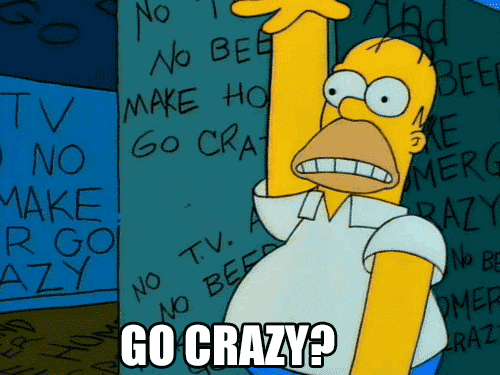What do you think?
Rate this book


208 pages, Mass Market Paperback
First published January 1, 1969
'You need not be bluffed by a thought!'
'Obsession is so often no more than this: no more than the inflexible working of a very tired mind in a sensitized frightened person.'
